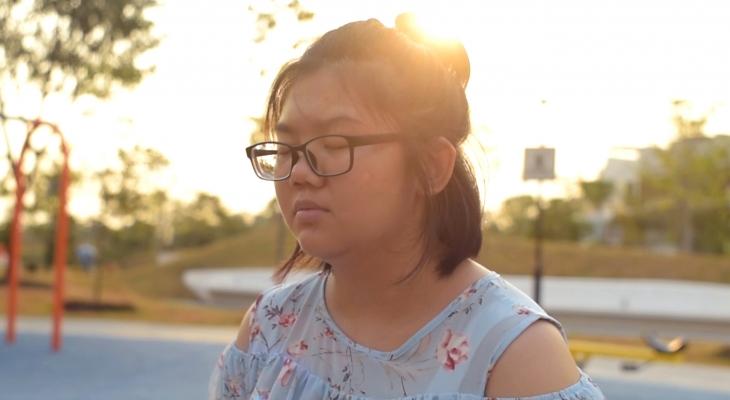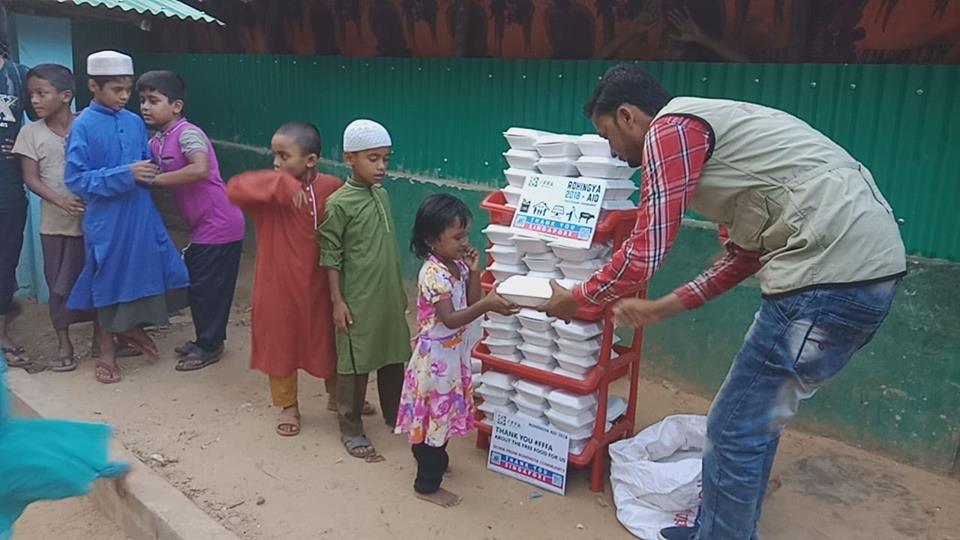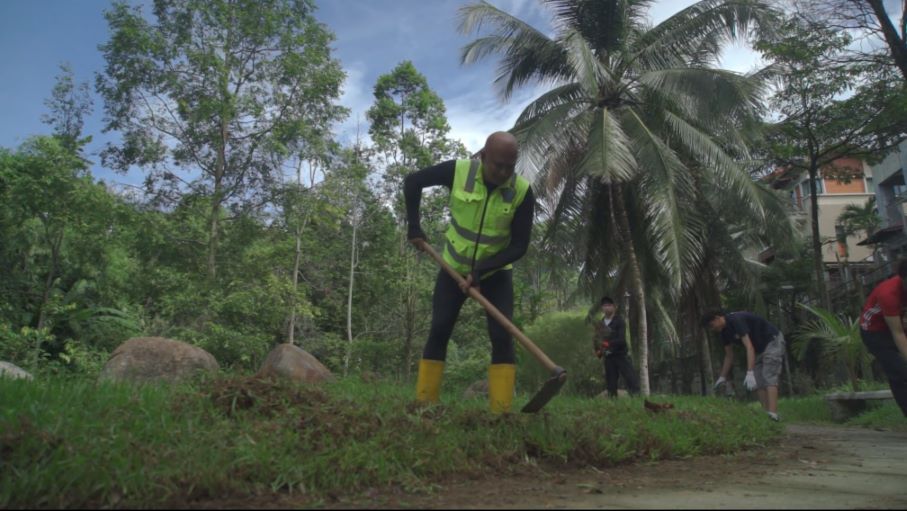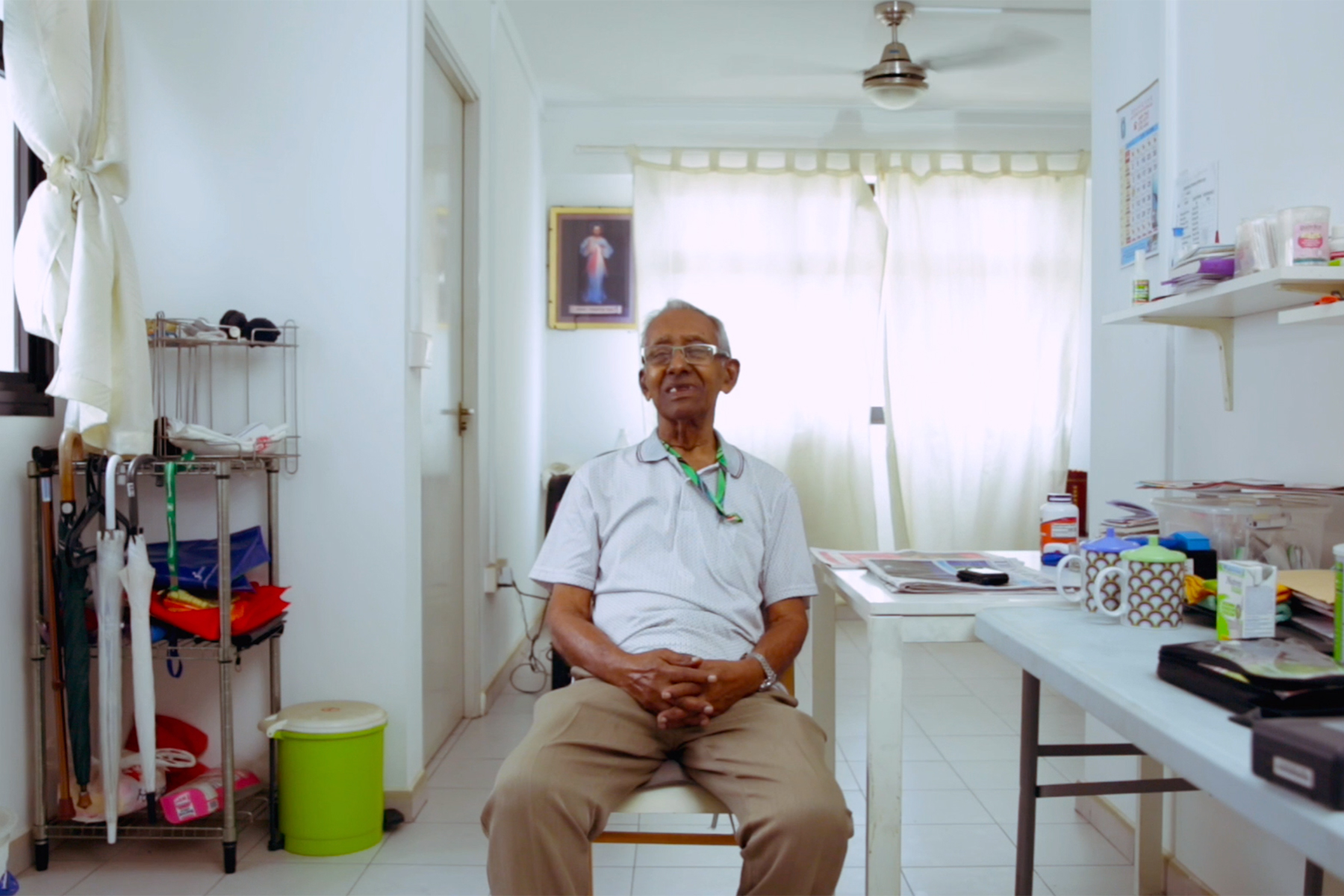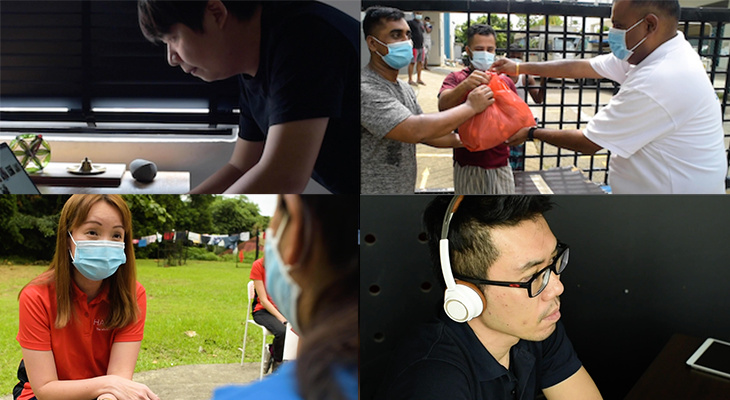Can $20 Buy Happiness?

What's the best you can do with $20? That was a question I asked myself the other day.
I decided to conduct a social experiment: What would happen if I took $20 and used it to creatively benefit 10 people?
Here is what I found:
On the first day of the challenge, little Ella, my youngest daughter, happened to walk past an SPCA collection box. "Pleeeeease, can we give the sick doggies and cats some money?" she importuned.
"Ok," said I, "here's $2."
FAILURE
To be honest, it felt like a failure. Pretty unoriginal. Devoid of creativity. No direct human contact.
The next day, I came across a teenage, mentally disabled girl in a wheelchair selling tissues in Raffles Place - the heart of Singapore commerce.
I watched her. No one stopped.
"Hello," said I. "I'd like some tissues." A look of pure joy overtook her face. It seemed like I made her day. She certainly made mine. My heart was melted. "Two bucks well spent," a voice inside me said.
Not exactly an original act, but more thoughtful than the last. Two down.
Our neighbours babysit a child not their own so that the mother, a single parent, can get to work each day.
"Wouldn't it be great," the voice within suggested "if that little guy could have an ice-cream while he waited for his mum?"
Two dollars and a 10-minute walk to the shop later, I was knocking on the neighbour's door with a fast-melting ice-cream. He answered. If the plan was to instil instant delight, it worked.
His eyes lit up as big as saucers. "Thank you!" he managed to say without breaking eye-contact with the ice-cream.
"Pleasure." And I meant it.
A few days later, I walked past our neighbourhood vending machine. Imagine if they dispensed free drinks? I wrapped a $2 bill inside a yellow note and scribbled: "Kindness reproduces itself. Have two free drinks." I stuck it on the machine in full public view.
The fifth was on a Friday morning.
It is my Friday weekly treat to buy a donut before work. When I got to the till there was one other patron behind me in the queue - a complete stranger. She held a single chocolate donut. She looked like she'd had a long week.
"Here's $2 extra," I said to the cashier. "For that lady's donut." I pointed to her with my thumb. He stammered. I gave him a wink and walked off.
The sixth was a curry puff I bought for the lady who cleans our office washrooms. She's there before 7am every day, and always with a smile. No one more deserving of a curry puff, I thought.
The seventh went to one of the secretaries. Coincidentally, she was $2 short in repaying her friend a lunch debt. I over-heard the conversation. I sprung to my feet.
"I was born to repay this for you," I explained. Serendipity. A $2 need met a man on a $2 mission.
The eighth $2 paid for the stamp and envelope of the letter I wrote to the branch manager of my bank, commending in the highest possible terms the employee who served me so excellently.
The ninth paid for a giant cookie to thank a secretary in our office who printed some documents for me above and beyond the call of duty.
The tenth, well the tenth is maybe the moral of this story.
KINDNESS REPRODUCES
Just as I was wondering what effect a campaign of random acts of kindness would do, my oldest daughter piped up.
"Hey dad, remember when you put that money in the vending machine so that someone would get a free drink?"
"Yes."
"Well," the 9-year old continued out the blue, "I'd like to spend some of my pocket money and do the same thing at our vending machine at school."
I think it's true that kindness reproduces itself.
"Tell you what, Anna," I paused with a happy sigh.
"I happen to have $2 here. Save your pocket money for another person, another day. Go and buy someone a drink. This way we'll be able to pay for two, and not one, free drinks. It might even lead to more."




